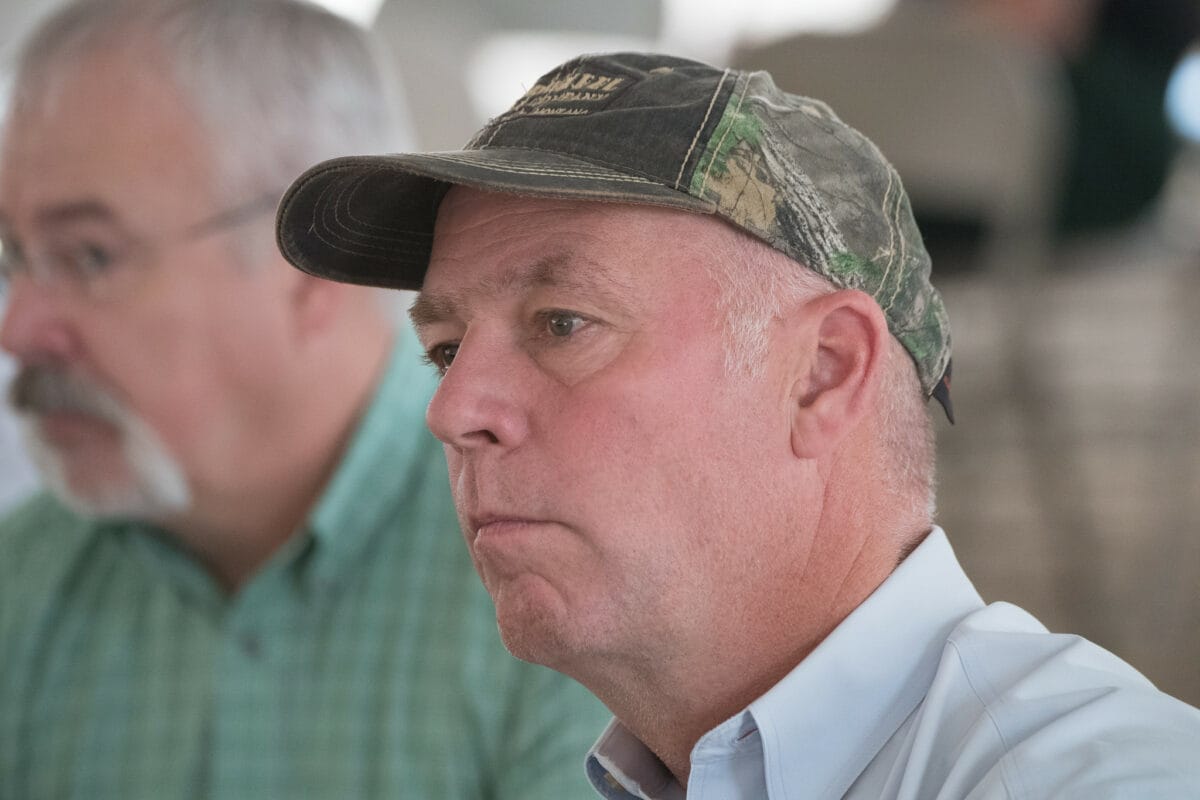TikTok Fights Montana Ban, FCC Investigates ACP Qualification, Starry Digital Equity Work
A TikTok spokesperson argued that the ban violates the First Amendment.
Em McPhie

May 18, 2023 — A coalition of TikTok creators on Wednesday sued to overturn a new Montana law blocking the app statewide, just hours after Gov. Greg Gianforte signed the ban into law.
“Montana has no authority to enact laws advancing what it believes should be the United States’ foreign policy or its national security interests, nor may Montana ban an entire forum for communication based on its perceptions that some speech shared through that forum, though protected by the First Amendment, is dangerous,” the group argued.
A spokesperson for Attorney General Austin Knudsen said Thursday that the state “expected a legal challenge and [is] fully prepared to defend the law.”
In addition to the content creators’ lawsuit, the ban will likely face opposition from TikTok itself. Company spokesperson Brooke Oberwetter argued in a statement that the law “infringes on the First Amendment rights of the people of Montana.”
“We want to reassure Montanans that they can continue using TikTok to express themselves, earn a living, and find community as we continue working to defend the rights of our users inside and outside of Montana,” Oberwetter said.
FCC investigates alternative ACP verification methods
The Federal Communications Commission on Wednesday asked that providers using alternative eligibility verification methods for the Affordable Connectivity Program participate in a crosscheck process and provide additional justification for their processes.
“We remain concerned that alternative verification processes, although allowed by the law, may result in improper enrollments,” the agency wrote in letters sent to Charter, Cox and Starry.
The FCC also announced that the agency’s Enforcement Bureau was investigating enrollment verification irregularities and that the Universal Service Administrative Company had been directed to increase oversight of alternative verification processes.
“Participating providers have a responsibility to ensure that program funds are supporting qualified households to get online and stay online, and doing so in compliance with the law and FCC rules,” said Chairwoman Jessica Rosenworcel. ““Running this program which is benefitting millions of households is no small task, and requires consistent monitoring, evaluation and reflection, which we’ll continue to do.”
In April, a separate telephone company wrote to the FCC claiming that an unnamed service provider was using an alternative ACP verification process to enroll ineligible customers.
Starry releases report detailing efforts to close the digital divide
Starry Group Holdings on Thursday released a report highlighting the company’s efforts to bring connectivity to more than 87,000 public and affordable housing units since the launch of the Starry Connect program in 2018.
“Five years and a global pandemic later, we’re deeply proud of what we have accomplished and very aware that we still have much more work to do to tackle the persistent gaps in broadband access that plague income-vulnerable communities,” said Virginia Lam Abrams, co-founder and executive vice president of Starry.
The Starry Connect program aims to deliver free and low-cost broadband service to low-income households without the barriers that are often present in similar programs, such as credit checks, excessive individual qualification processes and equipment deposits.
Throughout the report, the company emphasized the importance of affordability, pointing to a 2022 survey of Starry Connect customers which found that 22 percent of respondents did not have a home broadband connection prior to the program.
To mark the five-year anniversary of the program, Abrams said that Starry was “re-upping our commitment to focus up to 10 percent of our business on serving public and affordable housing communities, so that #InternetForAll can finally become a reality for all.”









Member discussion